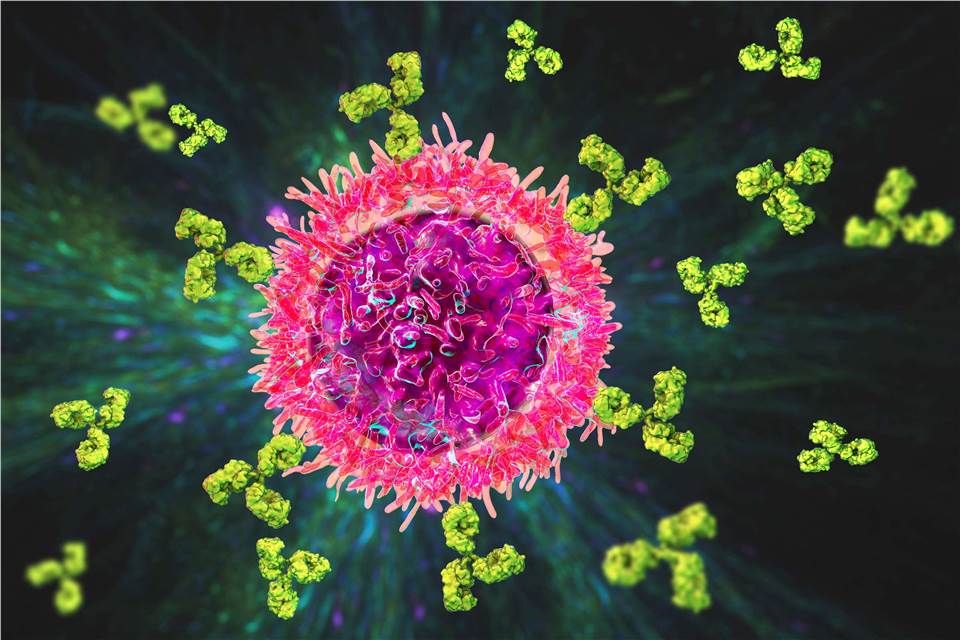The immune antibody library is an indispensable resource for both research and the treatment of infectious diseases. It plays a pivotal role in biopharmaceutical research by enabling the acquisition of antibodies targeting specific antigens. This library is particularly valuable for addressing the immune response in infected individuals or immune animals, offering a specialized reservoir of antibodies tailored to combat specific infections. Consequently, understanding the immune response to a particular infection is crucial in designing an effective immune antibody library, as it directly influences its effectiveness, quality, and versatility. Leveraging our extensive practical expertise and advanced technological capabilities, Creative Biolabs provides comprehensive services to support antibody libraries for in vitro display, the construction of immune antibody libraries, and antibody discovery services.

B cells, a major component of the immune system, continuously generate antibodies to shield our bodies against harmful antigens, both before and after infections occur. In a healthy state, the antibody repertoire is diverse, capable of mounting responses to novel infections while retaining memory of past ones.
Immune antibody libraries contain a high abundance of antigen-specific antibodies and are invaluable for screening high-affinity antibodies. These libraries offer several advantages. For instance, smaller library sizes can be employed to screen functional antibodies against immune antigens. Immune antibody libraries serve as essential tools for studying autoimmune diseases, viral infections, and other medical conditions. However, it's worth noting that they are not a universal solution and have limitations. Constructing of immune antibody libraries involves time-consuming animal immunization processes, and it requires significant effort. In addition, ethical considerations limit the production of fully human antibodies.
Antibodies derived from immune antibody libraries hold significant potential as diagnostic reagents or therapeutic agents. In the realm of bacterial infections, the tetanus toxoid immune library was among the first combinatorial immune antibody libraries to be established from immunized human peripheral B-cell banks, successfully yielding multiple monoclonal antibodies (mAb). Immune antibody libraries have also found extensive application in the discovery of neutralizing monoclonal antibodies against viral infections, such as dengue, Ebola virus disease, hepatitis B, human immunodeficiency virus (HIV) infection, influenza, measles, rabies, and respiratory tract syncytial virus. Furthermore, these libraries play a crucial role in the investigation of parasitic infections. Immune antibody libraries have been established to isolate monoclonal antibodies against various parasitic targets, such as Plasmodium falciparum Pfs48/45 gamete surface proteins, Plasmodium falciparum schizonts surface protein-1 Block 2 region, as well as other parasites like the pig tapeworm Ts14 glycoprotein and Toxoplasma gondii MIC2 protein.
Immune antibody libraries not only excel at generating high-affinity disease-specific monoclonal antibodies but also possess the versatility to produce monoclonal antibodies targeting a wide range of other proteins. This versatility positions them as an indispensable alternative to initial cell libraries in antibody phage display laboratories.
Creative Biolabs boasts a wealth of knowledge and experience in phage display library construction. We are eager to share our expertise in antibody library screening and phage display library construction with you.
All listed services and products are For Research Use Only. Do Not use in any diagnostic or therapeutic applications.
| USA:
Europe: Germany: |
|
|
Call us at: USA: UK: Germany: |
|
|
Fax:
|
|
| Email: info@creative-biolabs.com |
